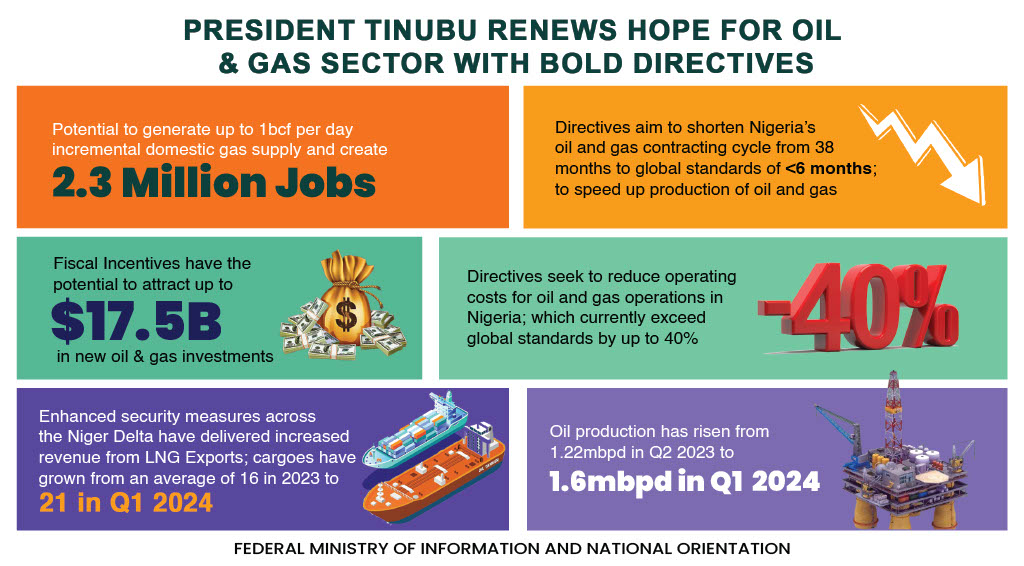Cashless Policy : CBN Barges in on Cash, Corruption, and Control

Nigeria’s central Bank (CBN) has not been the favourite institution of citizens, monetary policy analysts, and market operators. Indeed, if the CBN were to be a person, it would be drawn with flashing eyeballs, two red horns, and a flailing tail. When the bank governor announced the currency redesign policy in November 2022, citizens were ready to take his scalp. It was clear to many that this fellow dined amidst the hot furnaces beneath the earth.
As if the currency change was not bad enough, in a recent circular, the CBN announced a policy shift that, from January 2023, would require deposit money banks (DMBs) to charge a fee of 5% on weekly over-the-counter (OTC) withdrawals for individuals withdrawing above N100,000 and 10% for enterprises withdrawing above N500,000. In a circular signed by the Director of Banking Supervision, the same limit of N100,000 applies to withdrawals through Automated Teller Machines (ATMs). Therefore, the naira denominations available in ATMs would be restricted to N200 notes and lower denominations. Once the announcement became public, money-hoarding politicians, non-state actor illegal revenue collectors, and bribe-seeking public servants confirmed what they had suspected; Godwin Emefiele, the CBN governor, was in cahoots with the devil.
Suddenly their beloved cash stash was the target of CBN policy, and the tough-talking, severe-looking monetary policy boss, was out to get them. The reality is less dramatic, but the outcome is no less instructive. The old dash for cash will have consequences.
How the Cookies Get Baked
The new directive from the CBN implies that daily withdrawals through mobile money agents like POS vendors would freeze at N20,000. But what are the direct implications of the policy? Where are the gains and pains?
The currency management policy has tax implications considering that previously undisclosed earnings unnoticed by the tax authorities now become scrutinized. While this presents possible tax gains for the government in terms of higher revenue, individuals must now prepare to pay taxes on corporate bonuses and windfall incomes.
The scenario may create opportunities for Fintechs to develop technology platforms to facilitate digital payments. Similarly, Fintech firms could use the 8+environment to create automated tax assessment Apps to make self-assessment easier.
Analysts believe that with the restriction on the amount withdrawable weekly for private and business spending, there would be wider adoption of USSD-enabled transactions powered by feature phones. Analysts also believe there would be wider adoption of Point of Sale (PoS) systems to accept payment (see illustration 1 below).

Contrary to the common opinion that the decision is a monetary policy action aimed at addressing inflation, Analysts say that the policy is not likely to create any gains in fighting inflation since today, money in circulation in Nigeria is only a tiny fraction of the country’s Gross Domestic Product (GDP). It is also incorrect to expect that the decision would stem the steady decline of the Naira against other significant currencies, given that the demand for FX does not require physical cash.
The policy, intended as a follow-up on redesigning the N200, N500, and N1000 notes, also nudges banks to make monthly returns of cash withdrawal transactions that exceed the stipulated N100,000/N500,000 limits of the CBN. This is expected to provide helpful information for the investigation of suspicious transactions. The restrictions also apply to payment transactions as well. According to the CBN document, payment of third-party cheques over and above N50,000 is no longer allowed. Before now, third-party cheques above N150,000 were not eligible for cash over the counter.
The Cashless Seesaw
Thumbs up for digital currency
The strongest arguments favour the new policy because it would encourage the adoption of the e-naira and thereby deliver a cashless economy. As a direct implication, the CBN would spend less on currency re-printing. Another essential benefit derivable from the policy is the potential for more significant tax revenues for the government. Analysts say the large amounts of undisclosed earnings that went under the radar would now be available for tax assessment, thereby potentially increasing the potential revenue of the government.
Suppose, as Analysts expect, the CBN goes ahead to reduce the N500 and N1000 notes in circulation (including in bank vaults). In that case, the new policy could further help to prevent Vote buying, Money laundering, Kidnapping, Banditry, and Terrorism. By making most economic transactions digital, unscrupulous persons who would typically not want to leave a digital trail for their transactions would be burdened by higher carrying risk and cost by collecting N200. Meanwhile, individuals engaged in legitimate transactions benefit from the cost of carrying cash reduction, which applies to the entire value chain from the CBN to commercial banks, corporations, and traders.
Thumbs Down for Weak Tech Support
Perhaps the strongest argument against the cashless policy of the CBN is that the country’s financial system technology is still not developed enough to guarantee the immediacy that cash provides. For instance, in recent times, many bank customers have been unable to use Unstructured Supplementary Service Data
(USSD) to complete their transactions. Mobile bank apps have also proven to be unreliable on many occasions.
Another reason some Analysts are skeptical about the new policy’s success is that the 5% Transaction/processing cost (payable by individuals upon the withdrawal of amounts over the stipulated limits) could be a good reason for businesses to keep their monies in cash.
Despite its potential gains, the naira redesign policy taken as a whole fails to address the cash management-induced inflation worries that arise from having a poor circulation of the lower-denominated currencies such as N10, N20, and N50. Lacking the balancing denomination, traders tend to round up prices resulting in the inflation of prices in the economy. Economists have recommended that more N5, N10, and N20 be available.
While the decision to push more of the N200 notes into circulation through ATMs instead of the higher denomination currencies may seem that the portability of the Naira would be negatively affected, analysts, however, argue that other channels such as internet banking, mobile banking apps, USSD, and e-Naira provide an alternative. But a possible downside to the policy could be that, in a bid to avoid the higher processing fee, individuals may decide to keep large amounts of notes (see illustration below)

The Digital Mobile End Play
The new CBN policy can potentially change the Nigerian economy and business. Analysts believe the changes could be dangerously disruptive unless supported by a few practical measures. They note that:
- The limits on withdrawals presume that the financial system technology infrastructure is strong enough to guarantee efficiency. MSMEs who count on high turnover to make a profit to break even would be adversely affected if they cannot hold enough cash and, at the same time, are confronted with a faltering network.
- The CBN must incentivize digital transactions to address the pullback that may arise from the prohibitive processing fee. At the moment, bank customers must pay an N50 levy on electronic transfers of money over N10,000; compared to the 5% processing fee payable on withdrawals over N100,000, the levy on electronic transfers is higher than the processing fee. Market observers note that transfer fees be reduced to encourage larger digital transactions. Alternatively, the CBN could encourage businesses to ensure that purchases through electronic transfers would be eligible for discounts.
- With the new limits on physical cash transactions, previously undisclosed earnings would now be available for tax deductions. However, the government must avoid making the tax charge retroactive not to disincentivize the adoption of digital transactions. Instead, tax authorities should give a moratorium to encourage the adoption of cashless transactions.
- Fintechs must be encouraged to develop Automated Self Tax Assessment platforms to make tax assessment more decipherable
- Lower currency denominations must be minted to address the inflation arising from the rounding up of prices (see illustration below)

End Note
The CBN must understand that the current limit policy is a social engineering experiment, not a monetary control arrangement. The essence of the policy is to combat social vices and reorientate cash management. The policy should improve digital penetration, reduce bank operating costs, and establish better social cash-handling practices.
Hopefully, the policy should see a fall in demand for cash in settling informal ‘settlements’ arranged to obtain contracts and sundry entrepreneurial benefits, a reduction in kidnapping, and better monitoring of individual and corporate cash flows to assist revenue authorities in tackling tax evasion.
In other words, Emefiele may not have deathly red horns after all, and his association with the one who lives in a fiery house of fire under the earth may be a mirage of a few overactive imaginations. BY PROSHARE








